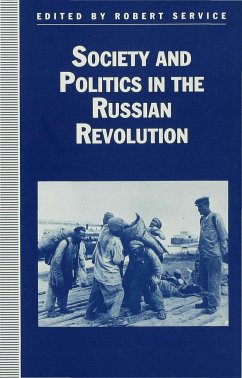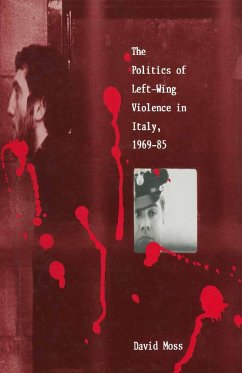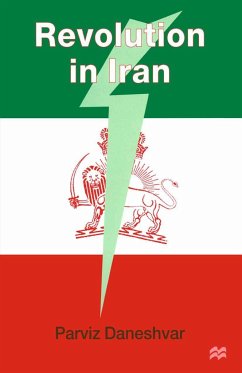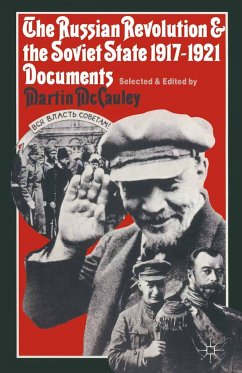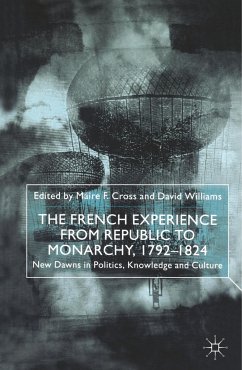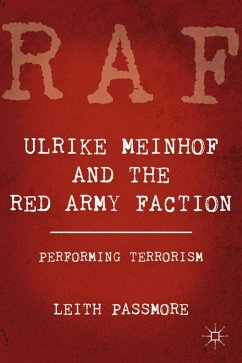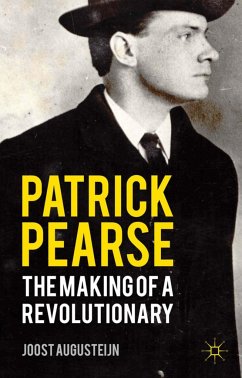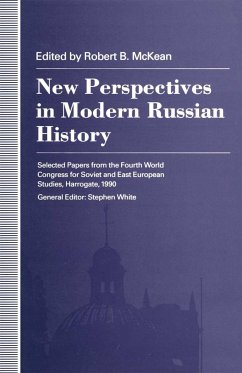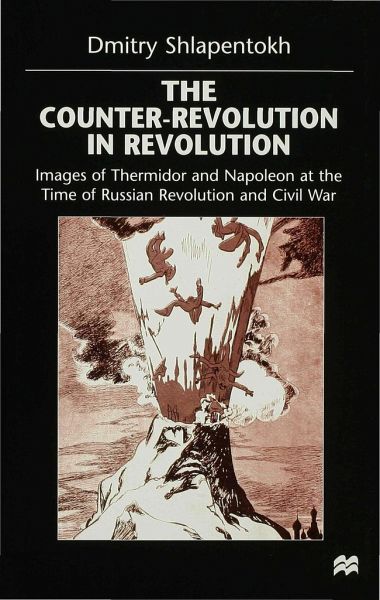
The Counter-Revolution in Revolution
Images of Thermidor and Napoleon at the Time of the Russian Revolution and Civil War

PAYBACK Punkte
52 °P sammeln!
The collapse of the imperial regime excited Russian intellectuals of all political persuasions. Although eager to draw comparisons between pre-revolutionary Russia and revolutionary France, the political elite saw the outcome in their own country as vastly different to the events which had occurred in France. Looking to the past they tried to predict the future - how their revolution would end. As the political situation became more unstable, there was increasing fear of dictatorship and bloodshed. The perception of Napoleon as a victorious general changed; he was seen instead as a powerful ma...
The collapse of the imperial regime excited Russian intellectuals of all political persuasions. Although eager to draw comparisons between pre-revolutionary Russia and revolutionary France, the political elite saw the outcome in their own country as vastly different to the events which had occurred in France. Looking to the past they tried to predict the future - how their revolution would end. As the political situation became more unstable, there was increasing fear of dictatorship and bloodshed. The perception of Napoleon as a victorious general changed; he was seen instead as a powerful man who had brought stability to France. Thus came the search for a Russian Napoleon - first in the form of Alexander Kerensky, and later General Lavr Kornilov. Neither man was a successful candidate. Shlapentokh examines one of the most dramatic periods in European history. Drawing comparisons between revolutionary Russia and France he provides an insightful and original analysis of such subjects as counter-revolution, terror and dictatorship.



